Treatment Options For Angina Related Heart Disorders
According to a recent research report released by a U.S medical university, each year in the United States around 20,000 people develop angina for the first time. The report also says that this number is likely to go up in the coming years. A significant percentage of people with angina are those above 50. The report findings have again highlighted the importance of following a healthy lifestyle in order to keep blood pressure and cholesterol levels in check. High blood cholesterol level has been singled out as the main reason for the occurrence of angina.
What Has Caused the Angina Phenomenon?
High blood cholesterol levels are usually caused by consuming foods that are high in fat. As cholesterols a chemical formed in the liver from fatty foods that has been consumed, the coronary arteries that transport blood to the heart muscle get blocked when cholesterol accumulates in the arteries. This results in less blood being pumped to the heart muscles. When a person starts exerting themselves by performing physically or mentally taxing work, the heart muscles need more blood to perform such work. When the additional blood required gets stuck in the narrowed artery, the person feels a pain radiating from the heart.
Common Symptoms of Angina
• The affected patient experiences pain and discomfort in the chest front, particularly when they perform strenuous activities, such as walking up a hill or when jogging
• The person starts to struggle for breath when they try to lift some additional weight
• The person starts feeling a pain when they try to bend over
Treatment Options Available
A cardiologist will usually go for two different forms of treatment – medicinal treatment that involves prescribing tablets, and non-medicinal treatments that involves surgical procedures, like an angioplasty or artery bypass graft surgery.
Medicinal Treatment
• GlycerylTrinitrate (GTN) Treatment- GTN is available in the form of tablets and sprays. When taken, GTN has the ability to relax the blood vessels, and also helps in widening the coronary arteries. This would automatically lead to increased flow of blood to the heart walls.
• Statin medicine to lower cholesterol levels- Statin medicines lower the blood cholesterol levels, by preventing the secretion of enzyme, which is the main source for an increase in cholesterol levels.
• Anti-platelet medicine-Platelets are tiny particles in blood that caused the blood to clot, resulting in the blockage of arteries. This ant platelet medicine helps to reduce the level of platelets in blood, thereby preventing the blood clot in arteries.
Non-Medicinal Procedures
A cardiologist advises the patient to undergo angioplasty or coronary artery bypass graft surgery, if the medicines prescribed is not able to control the pain caused by angina.
• Angioplasty- In this process, a balloon is inserted in to the blocked heart arteries and inflated to open the block in the arteries. Using x-rays, the surgeons carefully place the balloon in the blocked artery.
For more information, please visit – Cardiologist Tempe Az.
Also Read: The Basics of Cardiac Electrophysiology Testing
Also Read: Cardiac Bloodwork – What do the Tests Mean?






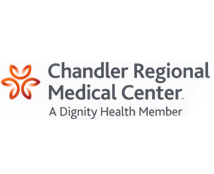
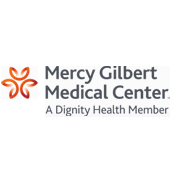
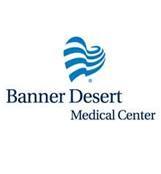
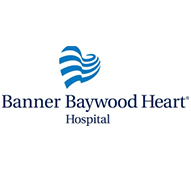
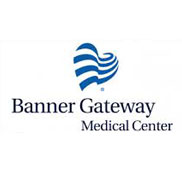
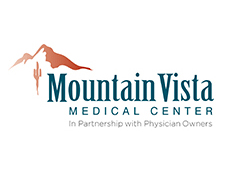
Leave a Reply